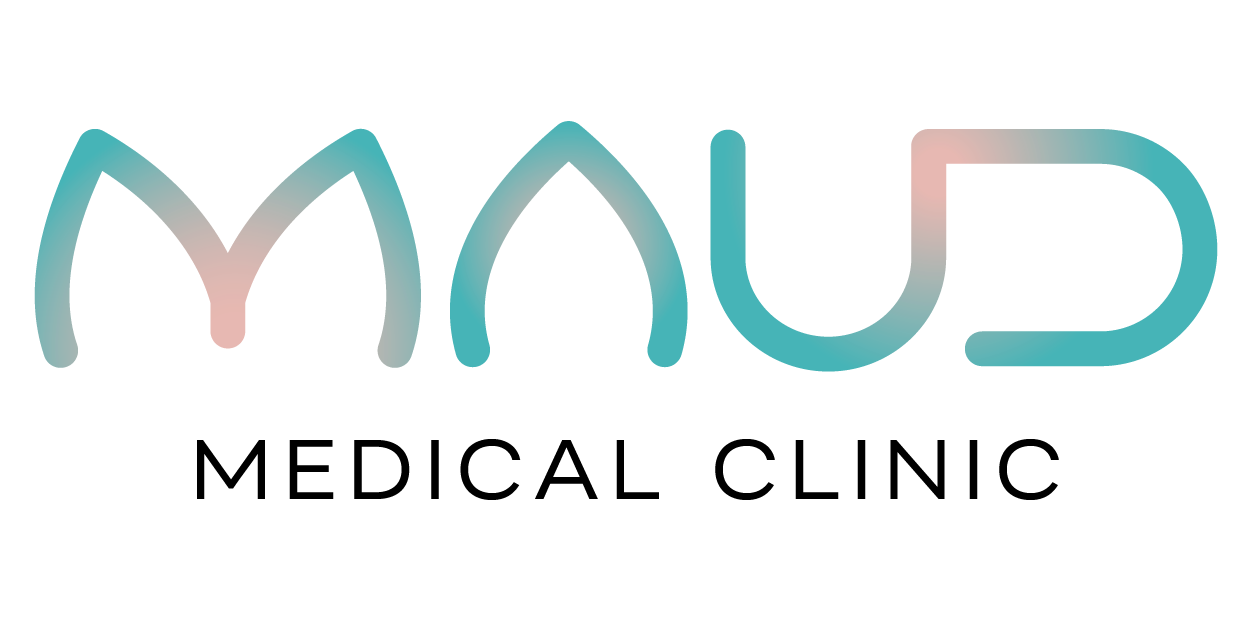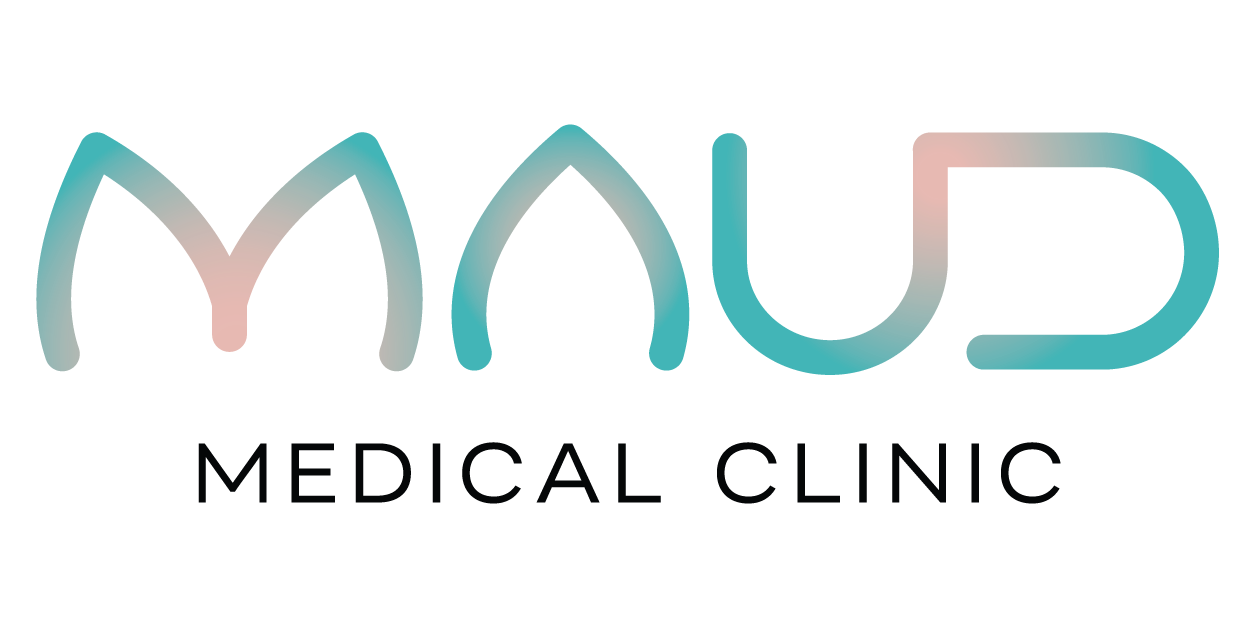HPV in Alberta: What do we Need to Know
HPV in Alberta: What do we Need to Know
HPV is one of the most common sexually transmitted infections (STIs) in the world—but also one of the least talked about. In Alberta and across Canada, millions of people will contract Human Papillomavirus (HPV) at some point in their lives. Yet many people feel confused, anxious, or even ashamed after receiving an HPV diagnosis.
At Maud Medical Clinic Calgary, we believe knowledge is power. When we understand how HPV works, what it means for their health, and how to protect themselves, they’re better equipped to take control of their care—with confidence and compassion.
This article breaks down what every woman in Alberta needs to know about HPV: what it is, how it's spread, how to prevent it, and how Maud Medical can help.
What Is HPV?
Human Papillomavirus (HPV) is a group of more than 100 related viruses, some of which are considered "high risk" because they can lead to cancer. Others are considered "low risk" and may cause genital warts or resolve on their own without symptoms.
Key facts about HPV:
It is primarily spread through intimate skin-to-skin to skin contact. But it is also easily spready by, sharing cup, walking barefoot on floors, sharing razors or sex toys and more..
Most people who are sexually active will get HPV at some point.
In many cases, the immune system clears the virus naturally.
Some high-risk strains of HPV can persist and lead to cervical cancer, vaginal cancer, anal cancer, and oropharyngeal (throat) cancer. Its strongly reccomended to be aware and get the vaccine.
How Common Is HPV in Alberta?
HPV is extremely common in Alberta and across Canada. According to the Public Health Agency of Canada:
About 75% of sexually active Canadians will have at least one HPV infection in their lifetime.
Alberta’s school-based HPV vaccination program has significantly reduced infection rates in younger populations, but many adults remain unvaccinated and unaware of their risk.
In Alberta, routine cervical cancer screening (formerly known as Pap tests) has helped catch early signs of HPV-related changes, yet gaps in screening and education still exist—particularly among women over 30, new immigrants, and those without regular access to a physician.
At Maud Medical Clinic Calgary, we offer inclusive, evidence-based care to close those gaps and support women in every stage of their health journey.
How Is HPV Transmitted?
HPV is transmitted through skin-to-skin contact, most often during vaginal, anal, or oral sex. Unlike many other STIs, HPV doesn’t require penetration or ejaculation to spread. This means:
You can get HPV even if you use condoms (though they reduce risk).
You can contract HPV even if you've only had a few sexual partners.
The virus can be dormant for years before showing symptoms or appearing on a test.
You may also get HPV from, sharing cups, sharing cigarettes or vapes, walking barefoot in gym or swimming pool locker rooms or even just touching a wart.
This is why many people are surprised by a positive HPV result, especially if they’ve been in long-term relationships or have no current symptoms.
What Are the Symptoms of HPV?
Most HPV infections cause no symptoms at all and go away on their own. However, some strains may lead to:
Genital warts (small, flesh-colored bumps around the genital or anal area)
Abnormal cervical cell changes (detected through Pap or HPV testing)
In rare cases, cancer of the cervix, vulva, anus, or throat
Because HPV often has no visible signs, routine screening is critical for catching high-risk strains early—before they cause more serious issues.
HPV Testing and Cervical Cancer Screening in Alberta
In Alberta, cervical cancer screening is currently conducted using Pap tests, not HPV tests. Despite growing international evidence supporting HPV-based screening every five years, Alberta has not yet transitioned to this model.
Here’s what to know:
If you are between 25 and 69 years old and have ever been sexually active, you are encouraged to get a Pap test every three years.
The Pap test checks for abnormal changes in the cells of the cervix that could develop into cancer if left untreated.
If abnormal cells are found, your doctor may recommend further testing or more frequent monitoring.
HPV testing may be used in certain follow-up situations, but it is not part of Alberta’s current routine cervical cancer screening program.
The Pap test remains an effective screening tool, especially when done regularly. While other provinces such as British Columbia and countries like Australia are transitioning to HPV testing every five years due to its high sensitivity, Alberta continues to follow the three-year interval with Pap-based screening.
At Maud Medical Clinic Calgary, we offer cervical screening in a safe, respectful, and supportive setting. Our team ensures that you fully understand your results and any next steps, helping you feel confident and empowered in your care.
The HPV Vaccine in Alberta
The HPV vaccine is a powerful tool in preventing both infection and the complications that can arise from high-risk strains. In Alberta:
The Gardasil-9 vaccine is publicly funded for students in grade 6, and a catch-up program is available up to age 26.
Adults over 26 can also receive the vaccine, though it may not be covered by Alberta Health and is paid out of pocket or through private insurance.
The vaccine protects against 9 strains of HPV—7 high-risk (cancer-causing) and 2 low-risk (wart-causing).
HPV Counselling service is covered by your valid provincial healthcare card
In Alberta, free vaccines are available to: Individuals up to and including 26 years of age.
School based program for students grade 6 and 9, Individuals 17 to 26 years of age who did not receive the vaccine as eligible students.
Please Note: The covered vaccines are only available through Public Health - DIAL 811 for further assistance on receiving FREE vaccines for your age.
If you are not eligible for the free vaccine: you can pay for it privately with MAUD, (it may be covered by your private drug insurance provider after submission
Is it too late to get vaccinated if you're over 30?
No, its still recommended you get the vaccine. While the vaccine is most effective before exposure to HPV (ideally before sexual debut), research shows it may still provide partial protection and reduce the risk of reinfection or progression of existing infections.
Our physicians at Maud Medical Clinic Calgary can discuss your individual risk factors, past exposure, and whether the HPV vaccine makes sense for you.
Should I Worry About a Positive HPV Result?
Getting a positive HPV test result can feel scary—but it's more common than most people think. Here’s what to keep in mind:
A positive result does not mean you have cancer.
It simply means you have a virus that most people contract at some point.
Most HPV infections clear up on their own within 1–2 years.
The key is monitoring. If high-risk HPV persists, your care team will follow up with Pap tests, colposcopies, or other assessments to catch any concerning changes early—before they become cancer.
At Maud Medical, we aim to educate without fear. Our approach empowers women with facts and options, not judgment.
How Maud Medical Clinic Calgary Supports HPV Prevention and Care
Whether you're looking to get vaccinated, start regular screening, or make sense of a recent diagnosis, our clinic provides:
HPV testing and cervical screening
In-clinic and referral options for vaccination
Follow-up care for abnormal results
Consultation on sexual health and safe practices
Support for navigating the emotional impact of diagnosis
We also understand that health is more than test results—it’s about your peace of mind, your understanding, and your sense of agency.
Key Points
HPV is extremely common—most people will have it at some point in their lives.
In Alberta, women 25–65 are screened with HPV tests every 5 years.
The HPV vaccine is available through public programs and private clinics.
A positive HPV test is not a cause for panic—it just means you need follow-up.
Maud Medical Clinic Calgary provides compassionate, whole-person care for every stage of your HPV journey.
Let’s Talk About HPV—Without Shame
HPV may be common, but it’s not insignificant. Understanding it is the first step toward empowerment, early detection, and prevention. If you have questions or concerns about HPV, the HPV vaccine, or cervical screening, we encourage you to speak with a doctor at Maud Medical Clinic.
You deserve care that respects your body and your choices—and we’re here to provide it.
References
Government of Alberta. (2023). HPV and Cervical Cancer Screening Program. Retrieved from https://www.alberta.ca/alberta-immunization-policy
Public Health Agency of Canada. (2020). HPV Prevention and Vaccination. Retrieved from https://www.canada.ca/en/public-health/services/diseases/human-papillomavirus-hpv.html
Canadian Cancer Society. (2023). Cervical Cancer and HPV. Retrieved from https://cancer.ca
World Health Organization. (2022). Human Papillomavirus (HPV) and Cervical Cancer. Retrieved from https://www.who.int

